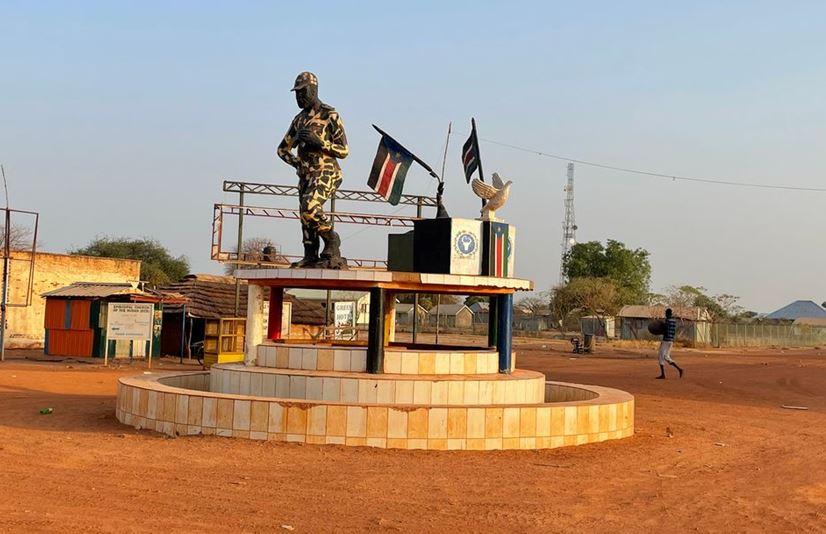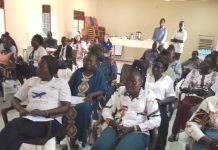Africa-Press – South-Sudan. A civil society activist has called on President Salva Kiir to address the issue by delaying the swearing-in of Warrap State Members of Parliament.
The legislative assemblies of Warrap, Eastern Equatoria, Jonglei, and Northern Bahr el Ghazal states were reconstituted on November 17 in a presidential decree read on the state-owned South Sudan Broadcasting Corporation (SSBC). However, Warrap State MPs have not been sworn in till now.
Speaking to The City Review in an exclusive interview, Edmund Yakani the Executive Director of Community Empowerment for Progress Organisation (CEPO), said Warrap State is the only state among the 10 states that did not have a functional parliament.
He stressed the importance of swearing in the MPs to enable the state to have an active parliament to supervise the executive.
“The fear I have is that in the absence of a functional parliament in Warrap State since the national budget had already been passed by the national parliament, the share of Warrap State could be run by the executive without the parliament.”
“So, the check and balance may not take place and there is a possibility that the budget may be misused by the executive, “he said.
“Secondly, the absence of Warrap State not having a functional parliament may affect its chances of gaining from the revitalised peace agreement such as the reunification of forces consultation on the transitional justice and constitutional making-process,” Yakani said.
The activist said the absence of a functional parliament is likely to deny the citizens of Warrap State the opportunity to question their government.
Yakani appealed to President Kiir to communicate with the governor of Warrap State to ensure that the state lawmakers are sworn-in to have a functional parliament.
Asked if the delay was from the Warrap State, governor Aleu Ayieny Aleu, Yakani said, “I think the parties to the peace agreement have finished with submitting the list of their members, but the SPLM state members have a dispute among themselves between those members elected in 2010 election and some of those who are left out have been threatening to ask why they are left out.”
“So the non-elected members are brought to the house and that is one of the delay points,” he said.
He said the tendency to leave out the 2010 elected MPs was not logical and legal because the parliament size was 43 seats before the signing of the peace agreement.
Yakani hinted that after the agreement was signed, the parties negotiated power-sharing at the state level.
“They have agreed to expand the state parliament from 43 seats to 100 seats. The idea was to accommodate the elected MPs automatically. So, the incumbent party has all the extra share of the elected seats, which is 55 seats, “he stressed.
For More News And Analysis About South-Sudan Follow Africa-Press






